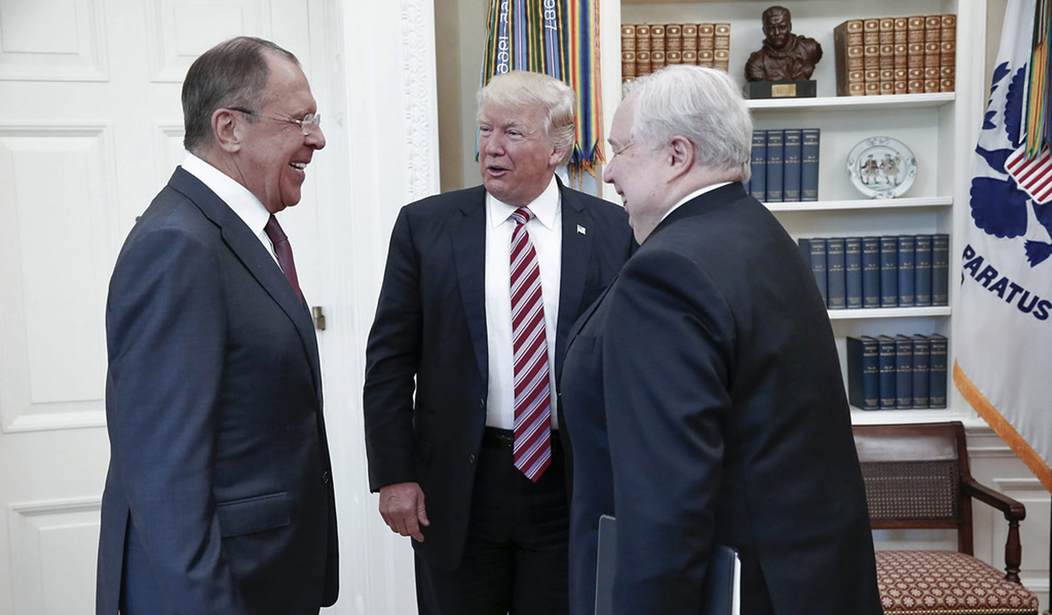Russian Foreign Minister Sergey Lavrov said that the United States uses “an imaginary Russian threat” as an excuse to expand its own influence in Europe. This threat, he argued in an interview with EuroNews, is non-existent, but the United States uses it nonetheless to expand NATO — even to Moscow’s historical allies in the Balkans.
“Guided by this fake logic, a very real deployment of heavy artillery and additional large contingents takes place on the NATO-Russian border,” Lavrov said while referring to missile defense in Romania, Poland, and the Baltic states. While American, German, British and Canadian brigades are already deployed at Russia’s doorstep, he added that “there are talks of significantly increasing their presence.”
Lavrov also spoke about “the situation in Montenegro,” which he calls “worrying.” “[T]here are attempts to use it as some kind of bargaining chip in the Russophobic fight, they have had NATO membership imposed on them,” he said, adding that it was rather quaint that they didn’t even have the right to vote in a referendum on the matter.
In what can only be seen as a clear warning to Europe and America, Lavrov concluded that “the trend to absorb this territory into NATO […] contradicts common sense, since they attempt turn Balkans from [Europe’s] soft underbelly into a confrontational zone of some sort.”
Of course, it is only true that it becomes a “confrontational zone of some sort” if Russia acts against NATO’s expansion. If it becomes even more unstable in the region, that will be due to Moscow’s interference in the Balkans and other parts of Eastern Europe.
Having said that, the fact of the matter is that Russia clearly has interests in the region. It’s beyond me why the EU or the United States would think that Russia is willing to take a step back and let NATO move up to its borders. After all, NATO was created to counter the Soviet Union, Russia’s predecessor. As such, it’s logical that the organization is distrusted by Moscow — and that the Kremlin will act when it believes it’s being surrounded.
All too often we in the West forget that foreign policy isn’t as much about principles, as it is about protecting and expanding your interests. From the West’s perspective it may make sense to draw as many Eastern European countries into NATO and the EU as possible, but from Russia’s perspective, allowing this to happen is simply suicidal.
We’re forcing Russia into intervening in the Balkans and Baltic states, just like it did in Crimea and Ukraine.









Join the conversation as a VIP Member